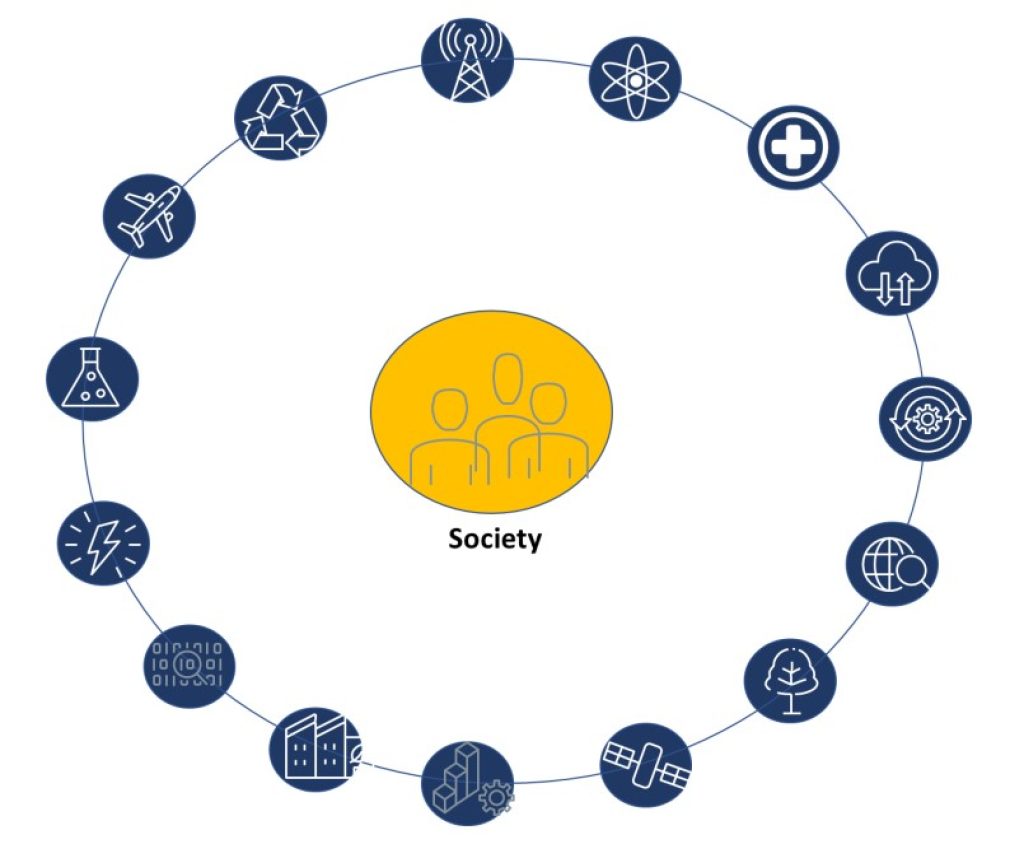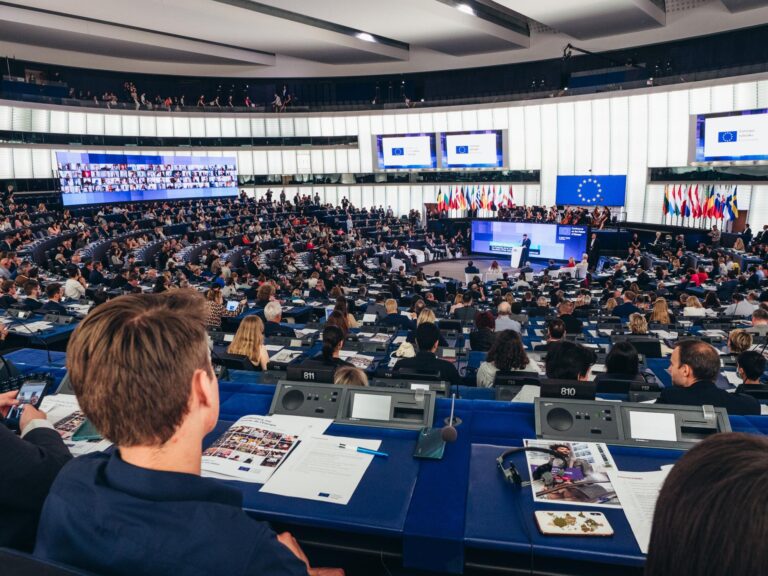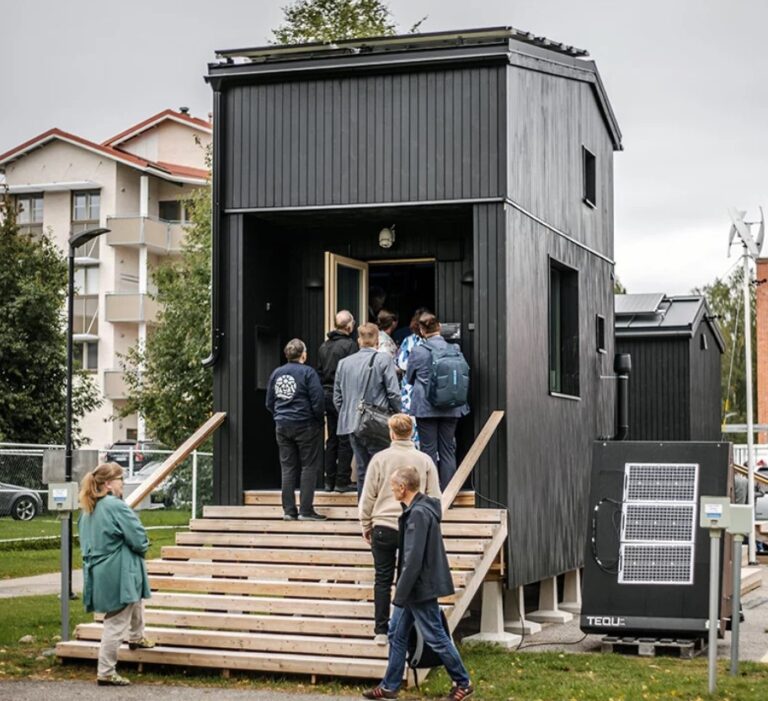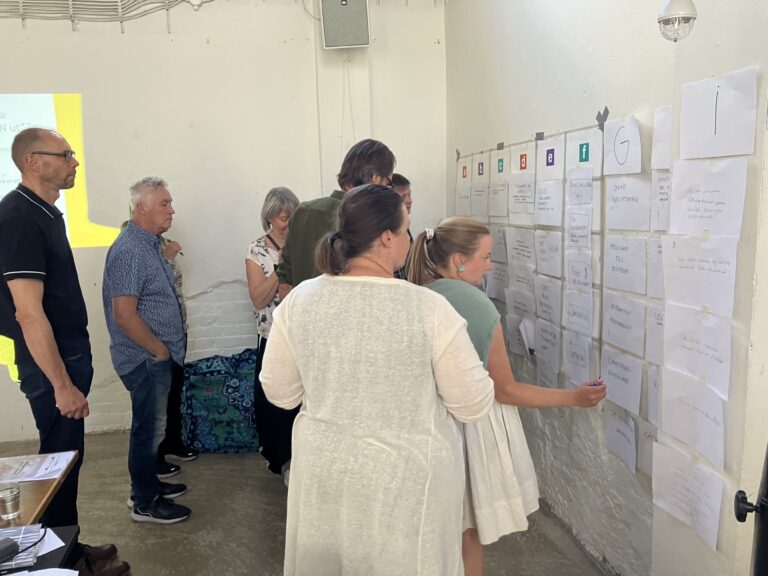Do you know what cyber-physical systems (CPS) are? The answer is that CPS are physical mechanisms controlled and monitored by computer algorithms, tightly integrated with the internet and its users.
It is important to improve the security of cyber-physical systems (CPS) and make critical infrastructure, especially in the energy sector, more resilient. Energy is crucial for our societies because it supports essential services like healthcare, heating, water supply, and the financial sector, all of which depend on a stable and reliable power supply.
The Interreg Aurora funded small-scale project CPS Security Lab have resulted in a roadmap for cybersecurity development for small and medium sized companies in critical infrastructures.
The expertise and resources of the project partners, University of Vaasa and Luleå University of Technology combines real-time simulations and IoT-focused research that gives valuable insights into how cyberattacks impact critical infrastructures and how to improve their protection.
 “With the Interreg Aurora funding we were able to develop a Horizon Europe application with a consortium consisting of 14 partners across Europe. The application will focus on cyberattacks and different means to prevent and to recover from inevitable attacks. The application writing process was demanding but it revealed possibilities to combine experts from different sectors and scientific disciplines. Whatever the result is, with these new partners we will continue work with cybersecurity” says Tero Vartiainen, Professor of information systems at the University of Vaasa.
“With the Interreg Aurora funding we were able to develop a Horizon Europe application with a consortium consisting of 14 partners across Europe. The application will focus on cyberattacks and different means to prevent and to recover from inevitable attacks. The application writing process was demanding but it revealed possibilities to combine experts from different sectors and scientific disciplines. Whatever the result is, with these new partners we will continue work with cybersecurity” says Tero Vartiainen, Professor of information systems at the University of Vaasa.
Horizon Europe is the EU’s key funding programme for research and innovation. The aim of the Horizon Europe is to tackles climate change, achieve the UN’s Sustainable Development Goals and boosts the EU’s competitiveness and growth.
Fore more information, read the Cyber physical system security Roadmap





